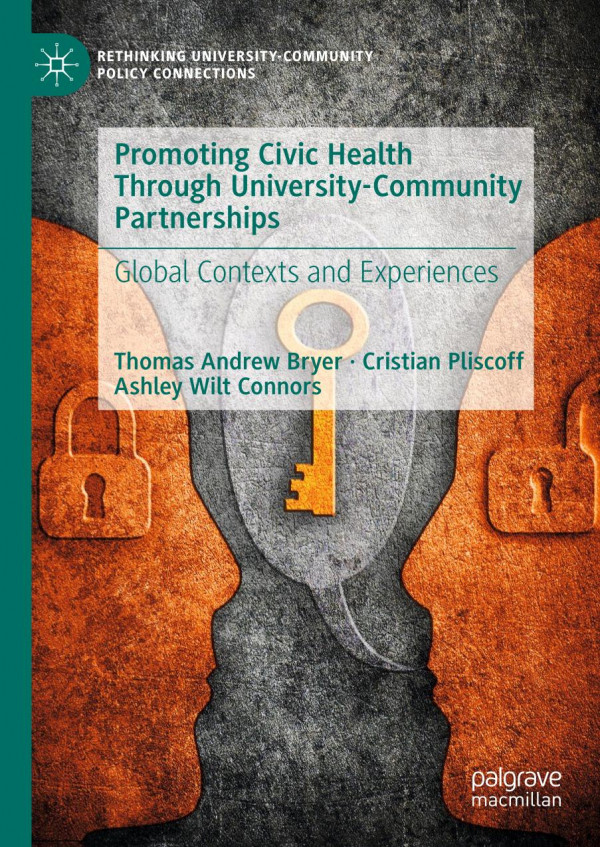

Most ebook files are in PDF format, so you can easily read them using various software such as Foxit Reader or directly on the Google Chrome browser.
Some ebook files are released by publishers in other formats such as .awz, .mobi, .epub, .fb2, etc. You may need to install specific software to read these formats on mobile/PC, such as Calibre.
Please read the tutorial at this link. https://ebooknice.com/page/post?id=faq
We offer FREE conversion to the popular formats you request; however, this may take some time. Therefore, right after payment, please email us, and we will try to provide the service as quickly as possible.
For some exceptional file formats or broken links (if any), please refrain from opening any disputes. Instead, email us first, and we will try to assist within a maximum of 6 hours.
EbookNice Team

Status:
Available0.0
0 reviews“In their comparative analysis of several universities from different parts of the world, the authors make a case for the critical roles that higher education institutions can play in building the civic framework in a society.”—Kyle Farmbry, Professor, School of Public Affairs and Administration, Rutgers University-Newark, United States
“By defining community, discussing how universities are often contested spaces, and covering how universities and students engage their communities, the authors make the case for the future university as one that facilitates civic health.”—William Hatcher, Associate Professor, Augusta University, United States; Co-Editor-in-Chief, Journal of Public Affairs Education
“With a rich variety of historic notions, views, projects, examples and policies, the book inspires to re-think current positioning of students, staff and academic institutions in society.”—Goos Minderman, Professor (Extraordinary), University of Stellenbosch Business School, South Africa
This book adds to a robust dialogue about the role of higher education in society by examining the promotion of civic health through university-community partnerships and the role of intellectual leaders, scientists, philosophers, university administrators and students in shaping whole or parts of the world. Our global society faces significant social and environmental challenges. Professors and whole universities have an obligation to help address these issues; how they do so is subject to social, cultural, and institutional context. With lessons from Americans, British, Estonians, Lithuanians, Russians, South Africans and beyond, the authors describe the state of the practice and provide frameworks through which universities and people working within or in partnership with can affect change in communities and civic lives.